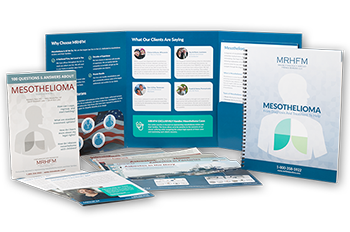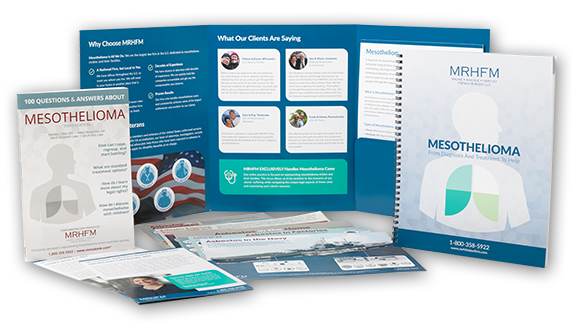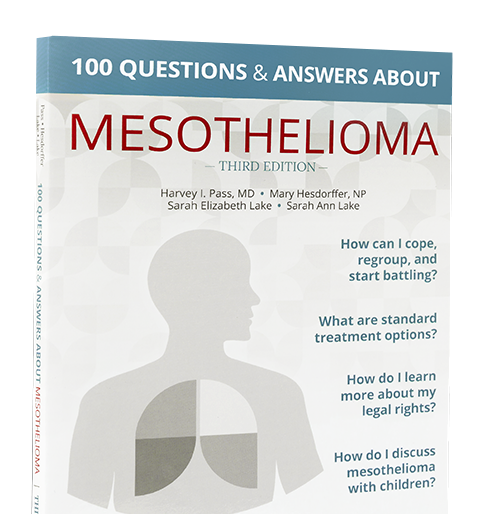Mesothelioma is a cancer found in the lining surrounding the lungs, the stomach, the heart or the testicles. The primary cause of Mesothelioma is asbestos exposure. Most mesothelioma symptoms take decades to appear after exposure to asbestos occurred. The symptoms of mesothelioma are also found in many other more common diseases, making mesothelioma hard to diagnose.
Mesothelioma symptoms vary with each stage and location (chest, abdomen, heart) of the disease. Mesothelioma is unique in that it has a long latency period, which is the amount of time between the initial exposure to asbestos and the appearance of noticeable symptoms. The latency period for most symptoms caused by mesothelioma ranges from 10 to 60 years.
Common Symptoms of Mesothelioma
Pleural
Peritoneal
Pericardial
Testicular
Learn More about Mesothelioma Symptoms with our Free Mesothelioma Guide
Our mesothelioma advocates are ready to support and get you real answers to all questions related to a mesothelioma symptoms and diagnosis. Our team can assist with health information, legal rights to compensation, and provide general resource materials.
If you or a loved has been diagnosed with mesothelioma, we would like to send our exclusive mesothelioma packet of information today.
Get Mesothelioma Help
Diagnosing Mesothelioma
Experiencing some of these symptoms does not mean someone has mesothelioma. Only a doctor can make such a diagnosis; usually only after tissue or fluid has been tested. If a biopsy is performed, tissue will be withdrawn and stain tested and examined under a microscope. The tissue may be determined to be benign (non-cancerous) or malignant (cancerous). Staining will be used to determine the type of cancer and the types of cells involved (epithelial, sarcomatoid, or mixed/biphasic).
If fluid is drawn, the fluid or cytology will usually be collected through a fine needle aspiration. A syringe with a thin needle will be used to remove the fluid. The fluid samples or cells in the fluid can be stained and viewed under a microscope.





